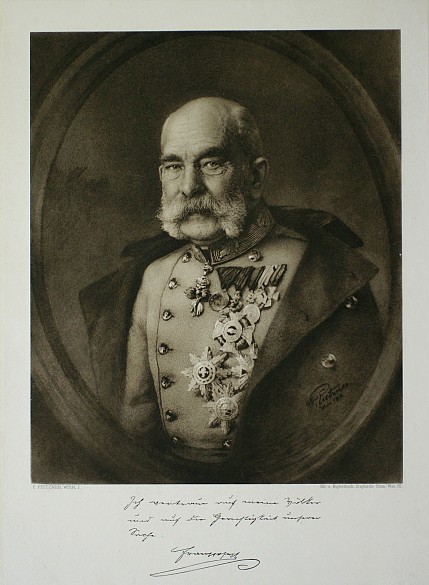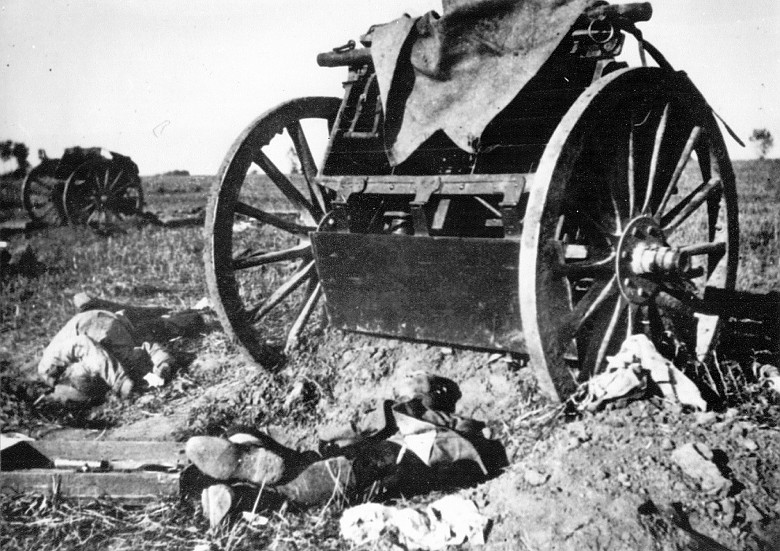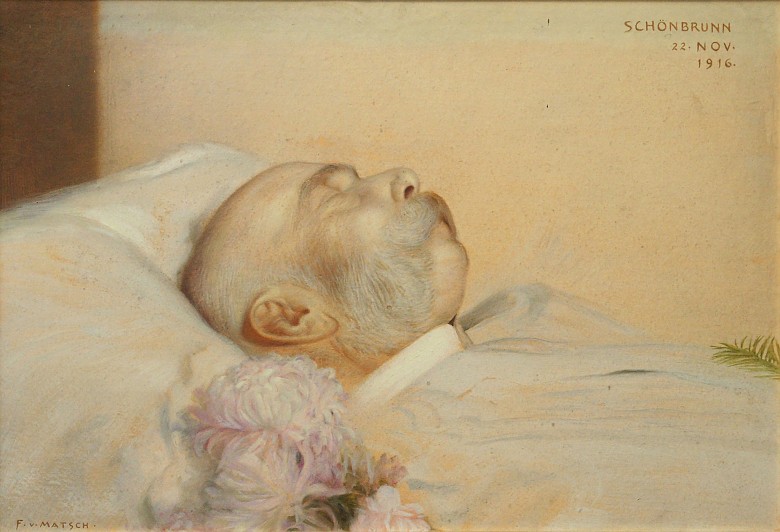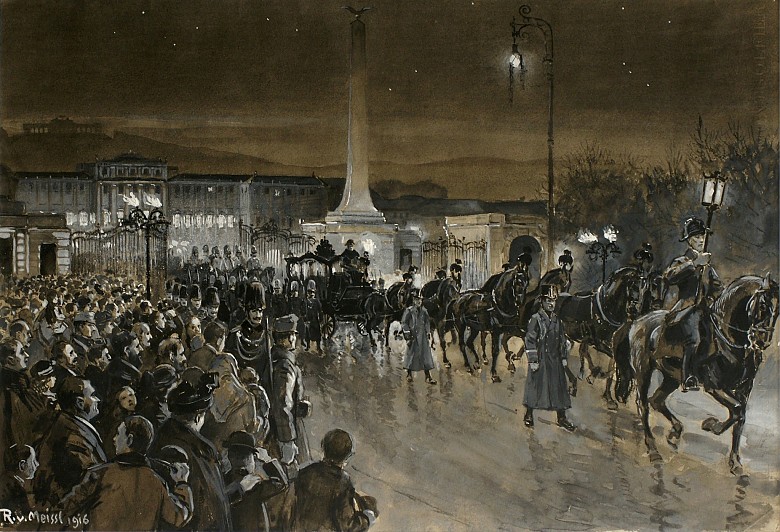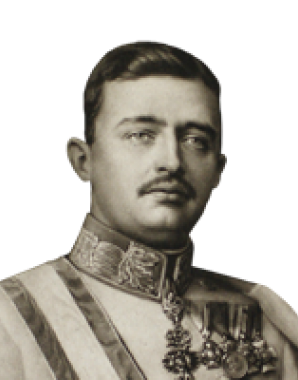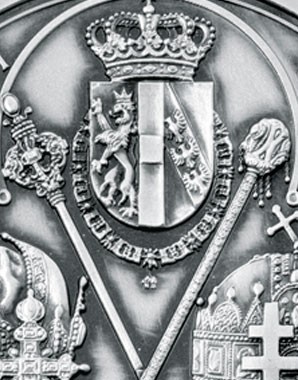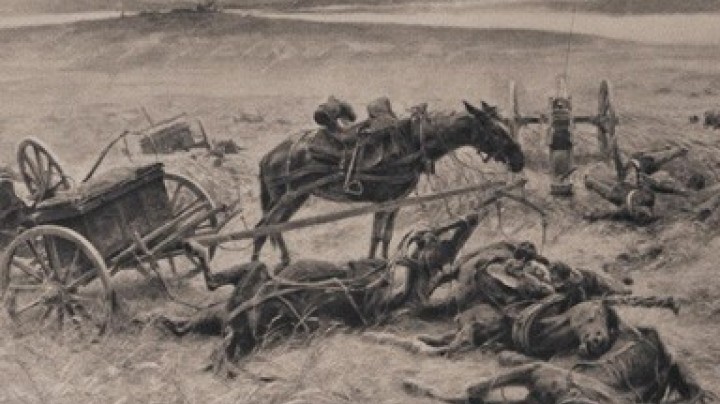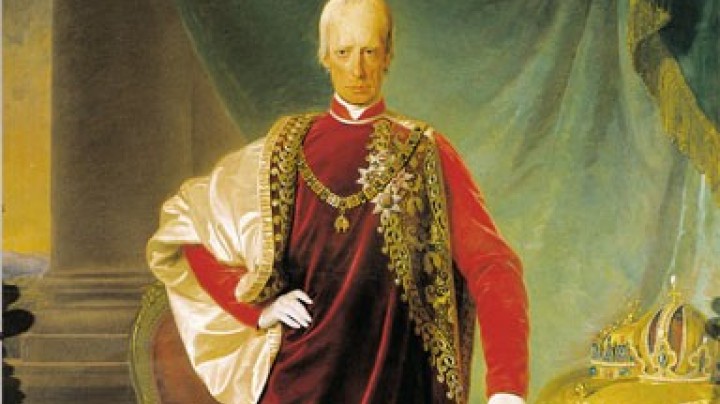The old gentleman of Schönbrunn on the path to the First World War
Old men are not always as harmless as they are reputed to be: when they are emperors, they can even lead their empire into a world war.
After the Compromise with Hungary of 1867, Franz Joseph’s period of rule was marked above all by the conflict with the nationalities, the assessment of which in the literature on the subject varies greatly: while some authors idealize the Monarchy in its last decades as an idyllic ‘refuge of the peoples’, others draw the gloomy picture of a ‘dungeon of the peoples’. Internally, a formative feature of the period was the rise of the popular political parties, while the list of problems in the field of foreign affairs was topped by the situation in the Balkans.
In these years Austria-Hungary sought the support of the German Reich founded in 1871 – in 1879 the two powers concluded the defensive ‘Dual Alliance’, which three years later was extended to include Italy, forming the Triple Alliance, and was also acceded to by Romania. On the other side, the years between 1894 and 1907 saw Russia, France and Great Britain making several agreements that together amounted to the Entente cordiale. These secret alliances made the risks of armed conflicts increasingly incalculable. When a Serbian nationalist assassinated Archduke Franz Ferdinand, heir to the Austrian throne, in Sarajevo on 28 June 1914, the war propaganda was set in motion – leading immediately to the outbreak of the First World War. Right through until his death, the aged Emperor gave the public the impression that he was convinced of the necessity of war. In his speech of 1915 to the Imperial-Royal Austrian Military Widows and Orphans Fund, this conviction is expressed when he gives voice to his concern for the ‘well-being of my brave warriors’.
If we give serious consideration to Franz Joseph’s long reign – which lasted for no less than sixty-eight years – one cannot but be critical. While he is often presented as a venerable old man who was cruelly treated by fate and ‘only did his duty’, it must also be noted that, in agreement with his influential advisors, he did take the Monarchy into wars and exacerbated its internal tensions. If he ‘did his duty’, it was only with respect to dynastic ideas of power and rule. The empire bequeathed by Emperor Franz Joseph to his successor Karl was a sinking ship.
